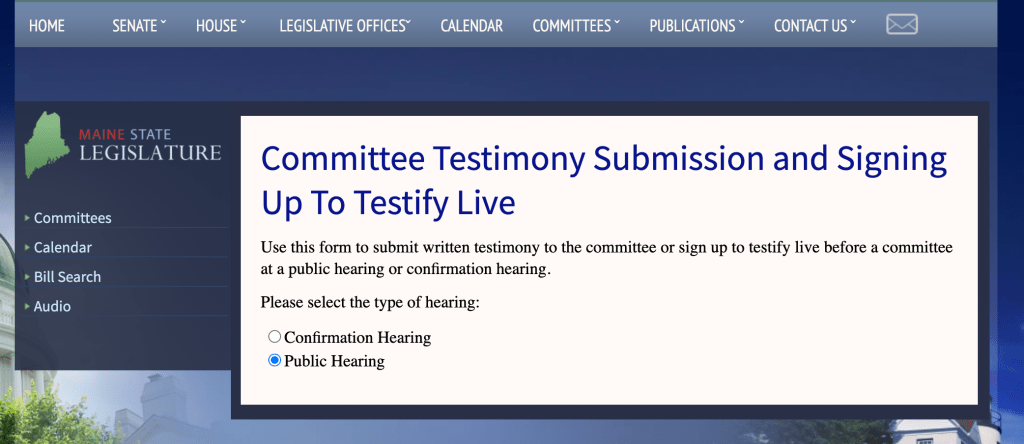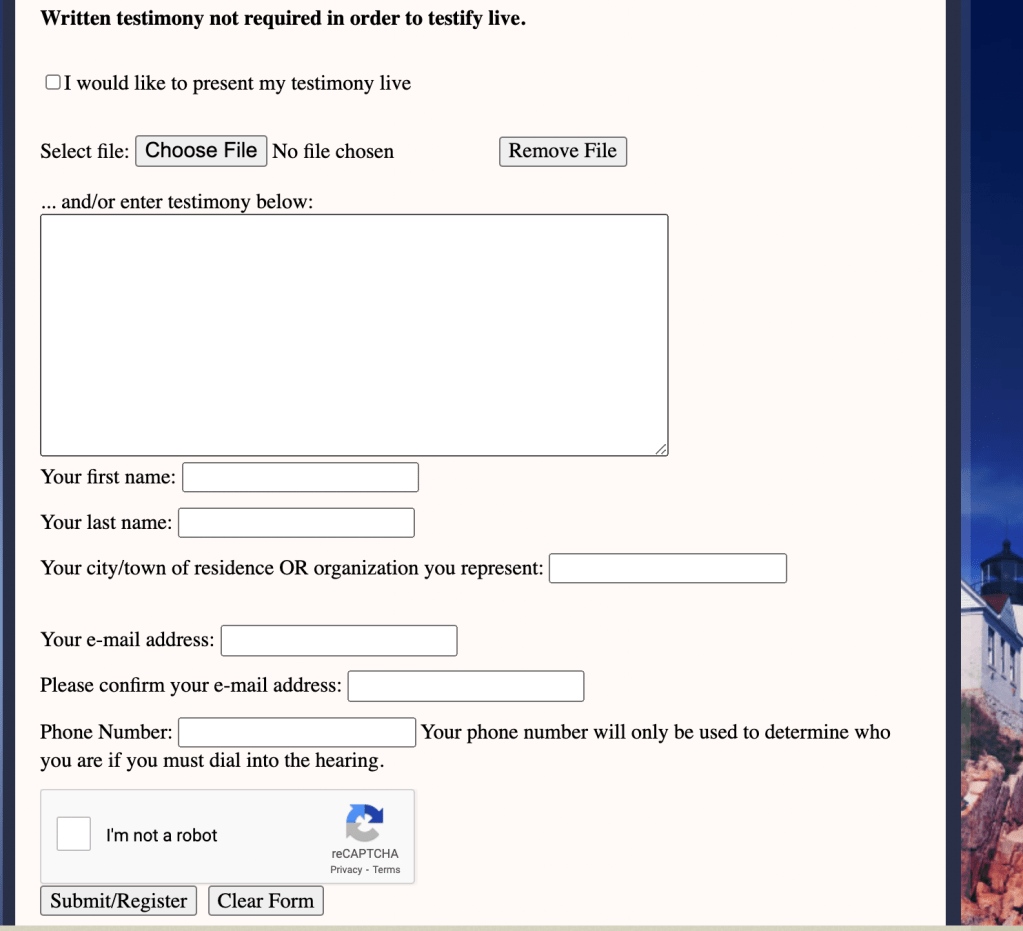- TO: Child Care Providers and Child Care Staff
- FROM: Office of Child and Family Services
- DATE: November 30, 2023
SUBJECT: Early Childhood Educator Workforce Salary Supplement System; Dec. 4, 2023 Deadline
The Early Childhood Educator Workforce Salary Supplement System is funded and administered by Maine’s Department of Health and Human Services, Office of Child and Family Services. The purpose of the Early Childhood Educator Workforce Salary Supplement System is to develop and implement a system to provide salary supplements to child care providers and early childhood educators who provide direct services to children in licensed child care facilities and licensed family child care programs, incentivize continuing education of the early childhood workforce, and raise the overall quality of care for young children.
22 M.R.S. § 3737-A provides the department rulemaking authority to establish a tiered payment system. The tiered system must provide, at a minimum, 3 tiers based on the education and experience levels of child care providers and early childhood educators. The 2nd tier must provide a salary supplement that is at least 50% greater than the first tier and the 3rd tier must provide a salary supplement that is at least 50% greater than the 2nd tier.
With the passage of P.L. 2023 Ch. 412, the appropriation for the Early Childhood Educator Workforce Salary Supplement System was doubled, allowing for increased salary supplemental payments. With the increased funding, which became available on October 25, 2023, the tiers will be the following through June 30, 2024:

Important reminder: child care staff presently in the Maine Roads to Quality (MRTQ) registry as Level 0 are not eligible for the salary supplement payments. To move from a Level 0 to a Level 1, staff are required to complete the free, on-demand health and safety training, be properly registered in the MRTQ registry, and have 30 days of experience to be eligible. Additionally, child care providers need to update staff levels in the Wage Supplement portal prior to December 4, 2023 for staff to be eligible for November’s payment.
In the future, the Department will determine tier amounts based on current annual budget and total number of educators enrolled in the salary supplement program. Salary supplement amounts and any changes to amounts will be posted on the Early Childhood Educator Workforce Salary Supplement Program website: https://www.maine.gov/dhhs/ocfs/provider-resources/early-childhood-educator-workforce-salary-supplement-program.
Wage Supplement Information / portal link can always be found in the “Provider Resources” (website menu) for quick and easy access.
FCCAM understands that providers were hoping to see the Tier 1 changed with Level 4 falling under Tier 2. We know the majority of public comment asked for this change. At this time we are not aware of the reasons for it to remain as originally proposed.
Another concern was receipt of the wage supplement forcing providers over income eligibility for some support programs. Providers are able to opt out of the wage supplement.
Early Childhood Educator Workforce Salary Supplement System Rules FAQs
Section 2: Early Childhood Educator Eligibility Requirements, 2(A): What if an educator
does not meet the eligibility criteria?
- Early Childhood Educator (Educator) presently in the MRTQ Registry as Level 0
are not eligible for the Salary Supplement Funding. - To move from a Level 0 to a Level 1, Educators are required to complete the required free, on demand health and
safety training, be properly registered in the MRTQ Registry, and have 30 days of
experience to be eligible. - If an Educator leaves the field of Early Care and Education prior to receiving the
payment for the prior month, they are no longer eligible for that Early Childhood
Educator Workforce Salary Supplement Payment (Salary Supplement). If the
Educator leaves an eligible Early Care and Education Program (Program) and
goes to another eligible Program, they can only receive 1 Salary Supplement per
month. - To change to a Direct Care career lattice or for other questions about career lattice
levels please contact Maine Roads to Quality Professional Development Network
(MRTQ PDN) 1-888-900-0055 or email eric.norgaard@maine.edu
Section 3: Program Registration, 3(C): Do all eligible Programs and Educators have to
register for the Early Childhood Educator Workforce Salary Supplement System?
- All eligible programs must register, but individual Educators may opt out of
receiving the funds.
Section 4: General Requirements, 4(A): When will Programs receive the Salary
Supplement Funding each month?
- OCFS will shut the Registration Portal down on the first day of each month, to
accurately process the prior month’s Salary Supplement Funding payment. - Depending upon weekends/holidays the portal will re-open after the Salary
Supplement Funding payment has been made, usually between the 6th and 11th
day of the month. - If necessary, OCFS will issue guidance outside of these dates, to accurately pay out the Salary Supplement Funding.
Section 4: General Requirements, 4(C): As a registered Program with the Salary
Supplement System, what are my responsibilities?
- Maintain records that prove each eligible Educator listed in the registration was
paid correctly. Paying with cash will not provide documentation in the event of
an audit and therefore it is not a recommended Salary Supplement payment
method. - Pay out the Salary Supplements in addition to the Educators normal pay.
- Update the Registration Portal by removing any ineligible Educator, after the
Educator has received their final Salary Supplement. - When requested by the Department, Programs must fully participate in
Compliance Monitoring, producing documentation as requested. This is a
mandatory requirement of the Salary Supplement System.
Section 5: How often will the Tier amounts change? How will programs be informed?
- In the future, the Department will determine Tier amounts based on current
annual budget for the Salary Supplement System and total number of Educators
enrolled in the Salary Supplement Program. - Salary Supplement amounts and any changes to amounts will posted on the Early Childhood Educator Workforce Salary Supplement Program website.
In addition to the Salary Supplements, 7.65% additional funds will continue to be added
to cover the cost associated with administering the Salary Supplement Funding payments
each month.
The following webinar link provides updates to the Registration Portal and instructions on how to make changes. Salary Supplement Tiered System Webinar













